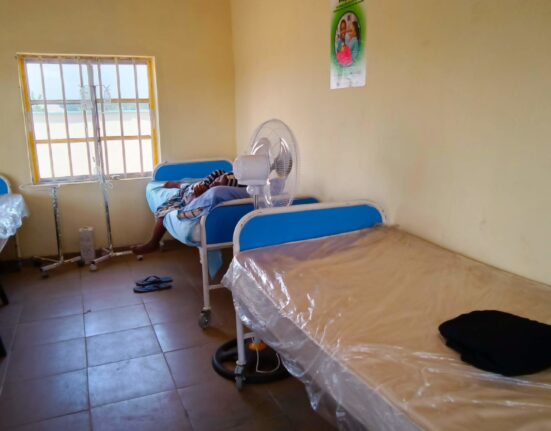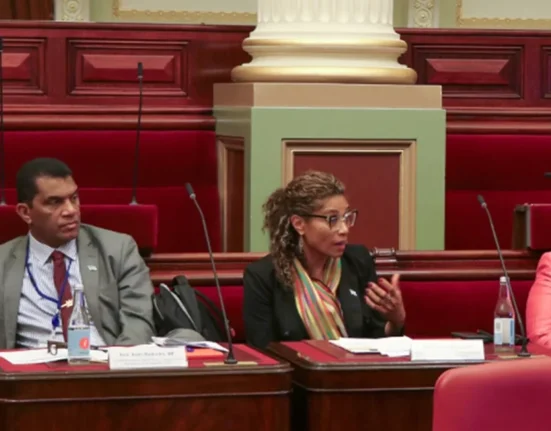In the world of medical advancements, time is a critical factor when it comes to diagnosing and treating serious conditions. Waiting for weeks on end for crucial test results can be agonizing, especially for patients dealing with the uncertainty of a brain tumor diagnosis. However, there is hope on the horizon as scientists have unveiled a groundbreaking new test that is set to transform the landscape of brain cancer diagnosis.
Imagine this – instead of enduring an excruciating wait of six to eight weeks, patients can now receive vital information about their brain tumor type in just around two hours. This remarkable feat has been made possible through the development of an “ultra-fast
” test that analyzes the DNA from a tumor sample, providing rapid insights that can kickstart treatment plans without delay.
The impact of this accelerated testing process goes beyond mere convenience; it has the potential to alleviate the mental and emotional burden carried by patients grappling with the unknown. As one expert aptly put it, “
The significant reduction in waiting time… helps lessen the mental and emotional burden from uncertainty that patients face.
”
Researchers at Britain’s University of Nottingham and Nottingham University Hospitals NHS Trust (NUH) spearheaded this groundbreaking innovation. Their study, published in Neuro-Oncology journal, revealed that this new test was highly effective, aligning with existing standards of care in 90% of cases.
University of Nottingham professor Dr. Matt Loose shared insights into the technology powering this game-changing test. By harnessing Oxford Nanopore Technologies’ portable sequencing devices, Dr. Loose devised a method to sequence specific parts of human DNA with heightened precision and efficiency.
Dr. Stuart Smith, a neurosurgeon at NUH, emphasized how this breakthrough will enhance clinical decision-making by providing swift answers within two hours. He highlighted how traditional diagnostic processes were marred by sluggishness and high costs but expressed optimism about leveraging this new technology to deliver prompt and impactful care to patients.
Dr. Simon Paine, a consultant neuropathologist at NUH, hailed this novel approach as revolutionary: “
This new method… not only increases the speed… but [also] accuracy… It really is incredible.” The implications are profound; faster diagnoses mean quicker access to tailored treatment plans and reduced anxiety stemming from prolonged waits for results.
The Brain Tumour Charity’s Chief Scientific Officer Dr. Simon Newman echoed these sentiments by underlining how rapid diagnosis post-surgery would usher transformative changes in patient care delivery. The prospect of consolidating multiple tests into one comprehensive procedure holds promise for streamlining diagnostic pathways and ensuring equitable access to timely and accurate molecular assessments.
As we navigate through this era marked by scientific breakthroughs in healthcare, each stride taken towards expediting diagnoses brings us closer to empowering individuals facing health challenges like brain cancer. With each passing hour shaved off waiting times, lives stand to be impacted positively as treatments are expedited based on precise insights gleaned swiftly from innovative testing methods.









Leave feedback about this